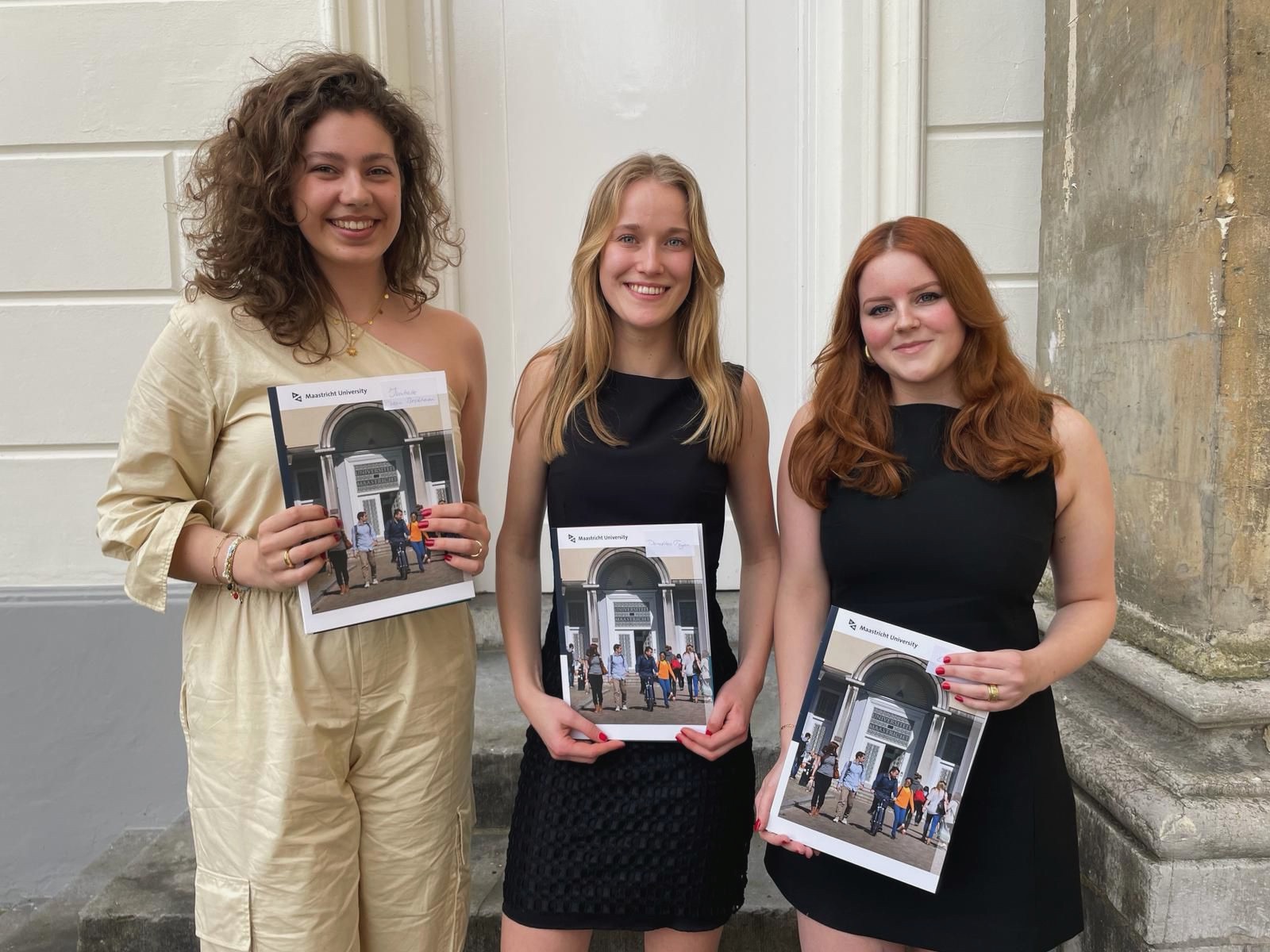School lunches rich in vegetables boost learning and healthy growth in kids
A mere four out of every ten young children in the Netherlands eat enough fruit and vegetables, and the number of overweight children in this country is rapidly increasing. Kokkerelli believes this needs to change, and is conducting research on hot, vegetable-rich school lunches combined with teaching materials for the Youth, Nutrition & Health program. What’s learned in the cradle is carried to the grave!
The vast majority of Dutch children don’t get enough fruit and vegetables and are consuming too many unhealthy products such as soft drinks and sweet and salty snacks. This affects children’s well-being: an unhealthy diet in children increases the risk of diseases such as obesity, type 2 diabetes and cardiovascular symptoms later in life. An unhealthy diet may also adversely affect their performance at school.
A healthy school lunch, however, can teach children to eat healthy at an early age. Commissioned by the Youth, Health & Nutrition program, Kokkerelli is conducting research on hot, vegetable-rich school lunches with validated nutritional education. The study is being performed by Maastricht University. Drees Peter van den Bosch ensures that the children are actually served a hot, vegetable-rich lunch at school.
Read the full article on the Brightlands website.
Also read
-
The Honours programme is an extracurricular activity for bachelor’s students in year 2 and 3 to showcase their academic skills and teamwork in a real-life project. We talked to Emma van Straten, a Health Sciences student and Honours alumna who organised an international conference on Lama2 in...
-
It has come to the attention of Maastricht University’s Executive Board and Management Team via an anonymous email that six of the protesters who have been allowed to stay in the garden of the Faculty of Arts and Social Sciences (FASoS) have embarked on a hunger strike as of today until their...
-
Maastricht University has decided that some of the protesters at the Faculty of Arts and Social Sciences (FASoS) may remain present at night for the time being in the role of ‘observers’. The condition is that the protests remain non-violent and the agreements made by UM and the activists are kept.
T...


